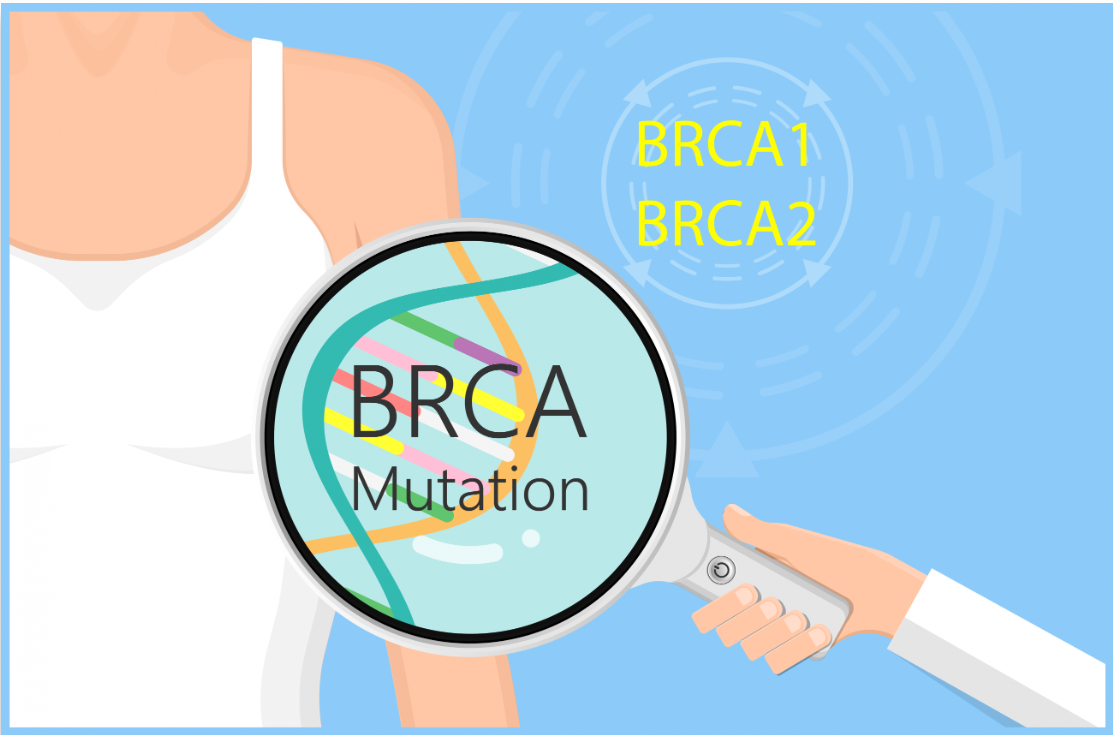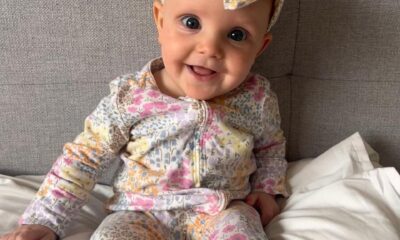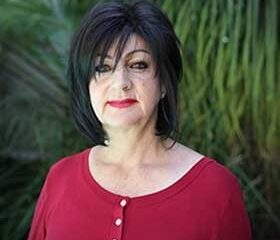
Featured Item

Pancreatic cancer risk in the Ashkenazi Jewish population
Ashkenazi Jews are vulnerable to carrying BRCA1 and BRCA2 gene mutations, which can lead to various cancers including pancreatic cancer. Though this risk is relatively low when compared to breast, ovarian, and prostate cancer, the incidence of pancreatic cancer in these cases is higher than the general population, particularly if there’s a family history of the disease.
“Everyone has BRCA1 and BRCA2 genes,” says Johannesburg-based genetic counsellor Kara Stoler. “However, one in 40 Jews carries a variant, a mutation, in these genes compared to at least a one-in-400 chance of a non-Jewish person carrying any variant.”
In terms of genetic screening for pancreatic cancer, Stoler says that ideally, one should start by testing the individual who has had cancer to determine if they have an inherited variant, like BRCA or if their cancer occurred sporadically. “If it was by chance, the children wouldn’t need to test as they have the same risk as others in the population,” she says.
Pancreatic cancer is more common with a BRCA2 variant. Yet even if someone is a positive carrier, it doesn’t mean they will ever present with cancer, Stoler stresses. If an individual is a carrier for a BRCA1 or BRCA2 variant, this more commonly increases a woman’s risk of developing breast or ovarian cancer and a man’s risk of developing prostate cancer.
The age that cancer presented in family members also determines screening protocols. “We would start screening for pancreatic cancer from the age of 50 or from 10 years before the youngest case in the family,” says Stoler.
“We now also have reproductive technology that can prevent genetic conditions being passed down to the next generation. In vitro fertilisation is becoming more popular as a consideration with cancer syndromes.”
Dr Martin Smith, a pancreas surgeon, says he hasn’t seen much research speaking specifically about the pancreatic cancer risk to the Ashkenazi Jewish community. Essentially retired, Smith, the former academic head of surgery at the University of the Witwatersrand, still sees patients at the Wits Donald Gordon Medical Centre.
“While empirically, we can say that we seem to be seeing more of the disease in the Jewish community,” he says, “I don’t have any strong evidence that there’s a relationship with any race or religious group.” This increased incidence of pancreatic cancer is in line with a rise in the general population, but whether it’s due to environmental or dietary factors, isn’t yet clear. Yet there’s no need for panic, he stresses.
Although there’s a small genetic component associated with pancreatic cancer in the form of a BRCA gene variant, it probably accounts for just over 1% of patients who get this form of cancer, Smith says. A BRCA gene mutation is far more prevalent with breast cancer.
“Medical literature says that if you have more than one first-degree relative who has had pancreatic cancer, it’s worth having genetic screening done to see if any of those known genetic components are present. But I’ve never come across any patient who has carried a risk like that,” he says.
As the risk of those with BRCA gene mutations developing pancreatic cancer is so low, it’s also unclear what one can do with that information. Though less common today, those with a BRCA mutation that increases their breast cancer risk may choose to have a prophylactic (preventative) mastectomy. Yet you can’t have a prophylactic pancreatectomy – surgery to remove all or part of the pancreas, Smith says.
Those definitively diagnosed with pancreatic cancer usually undergo chemotherapy and one of three operations. “The Whipple is a right sided resection, or a head of pancreas resection,” Smith says. “Then there’s a procedure to remove part of the body and tail of the pancreas. Finally, there’s the total pancreatectomy, where the entire pancreas is removed. Chemotherapy will always improve surgical outcomes, but we’re nowhere near being able to treat pancreatic cancer without surgery.”
Pancreatic cancer has a high morbidity rate as symptoms often present late and are already metastatic (have spread) by the time they’re diagnosed, Smith says. Early warning signs include jaundice, as a tumour in the pancreas may block the bile duct.
Generally, however, there has been little progress in predicting the risk of contracting the disease.
Tami Rubin* lost both her mother and brother to pancreatic cancer. “My mom was 84, and had been complaining for a few months that her back was sore,” she says. She had no idea that she had stage four pancreatic cancer. “It eventually caused her veins to shut down, resulting in a buildup of water in her legs which began to ooze out of her skin,” Rubin says. Later admitted to hospital with pneumonia, Rubin’s mother was diagnosed with pancreatic cancer when they noticed the swelling in her legs. “The cancer spread to her brain and three months later, she was gone. It was very hard, moms are always lifelines to the whole family.”
A few months later, Rubin’s brother was diagnosed with stage four pancreatic cancer. “He had unknowingly had it for years,” she says. “He had a stent put in, had consistent chemo, and lived for two years following his diagnosis.”
Rubin has had blood markers done to assess her risk for the disease, which came back clear. A haematologist suggested she also have a full body scan, which she has yet to do.
Avroy Samuels, now 81, whose late father died from pancreatic cancer within weeks of his diagnosis, is grateful to have been diagnosed early. While Samuels had no pain, his eyes began to turn yellow, indicating possible jaundice, which led to his diagnosis six years ago. After extensive testing, doctors determined that he was a good candidate for a Whipple procedure, an eight-hour operation. The surgery was a success, and was followed by six months of chemotherapy. He remains cancer free today. “I’m a miracle, because the survival rate is very slim. In most cases, by the time it’s detected, it’s too late,” he says.
*Name has been changed










